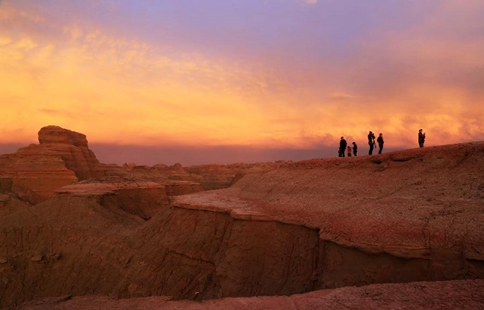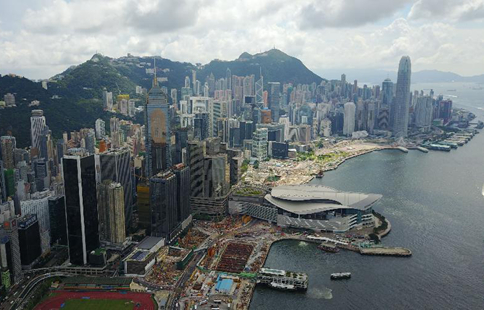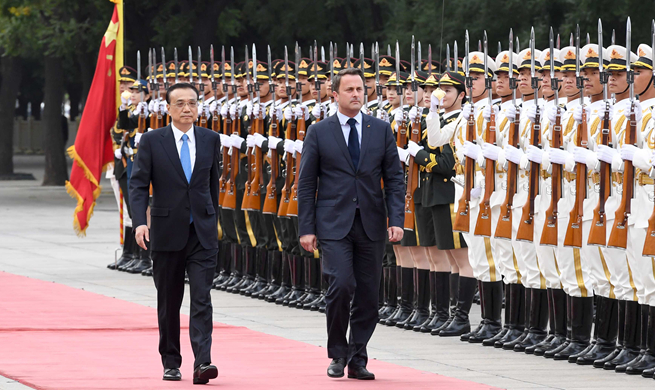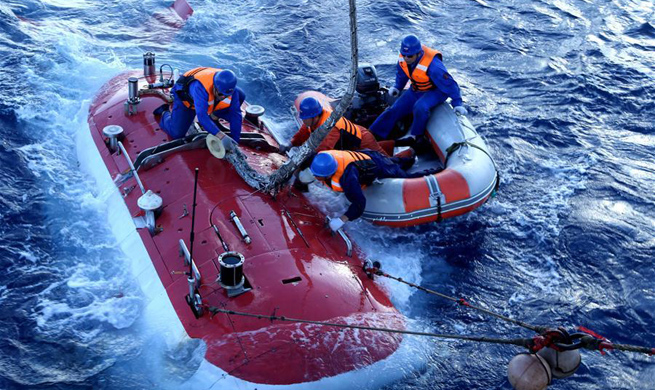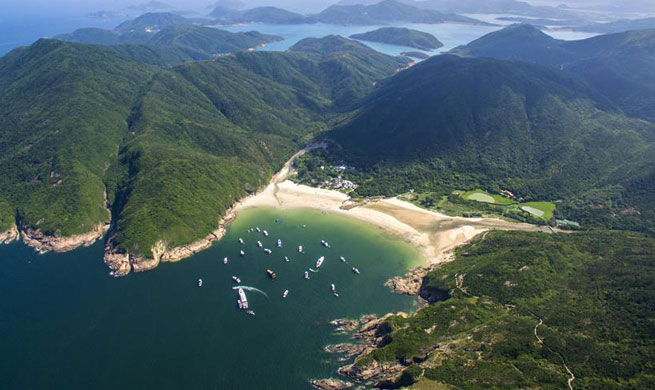WASHINGTON, June 12 (Xinhua) -- After targeting his predecessor Barack Obama's legacies in global trade and climate change, U.S. President Donald Trump is soon expected to announce a new Cuba policy to roll back at least parts of Obama-era's opening with Cuba.
Though the specifics of the announcement are unclear, local media reported over the weekend that Trump is expected to at least tighten restrictions on Americans' doing business with and travelling to Cuba.
Citing sources familiar with the White House discussion of Trump's Cuba policy, the Washington Post reported that the policy changes could include a ban on U.S. business with the Cuban military and new restrictions on U.S. leisure travel to Cuba.
However, the Trump administration is expected to maintain the full diplomatic relations restored by Obama, said the Post.
If confirmed, the policy changes would align Trump with hawkish Cuban-American Republicans in the U.S. Congress.
According to a statement by Marco Rubio, one of the most vocal critics of Cuba in Congress, he was confident that Trump would "keep his commitment on Cuba policy by making changes that are targeted and strategic and advance the Cuban people's aspirations for economic and political liberty."
Given the interest from both American businessmen and general public about improving tourism and trade with Cuba, "I could see some symbolic changes to policies -- perhaps more scrutiny of reasons for traveling to Cuba -- but not a rollback," Dan Mahaffee, an analyst with the Center for the Study of the Presidency and Congress, told Xinhua.
In December 2014, in the most sweeping change in U.S.-Cuban relations in five decades, Obama announced plans to normalize ties with Cuba in a move that quickly sparked much controversy in the United States.
Since then, improvements have been made in U.S.-Cuban diplomatic, social and commercial ties, with the U.S. opening an embassy in Cuba, increasing flights to Cuba, and some U.S. businesses expanding into the island nation for the first time in five decades.
America severed ties with Cuba in 1961, shortly after Fidel Castro launched a revolution that toppled a U.S.-friendly government. The two countries had been at loggerheads ever since, with tensions boiling over on a number of occasions, most notably the Cuban Missile Crisis in 1962 and the Bay of Pigs Invasion in 1961.





